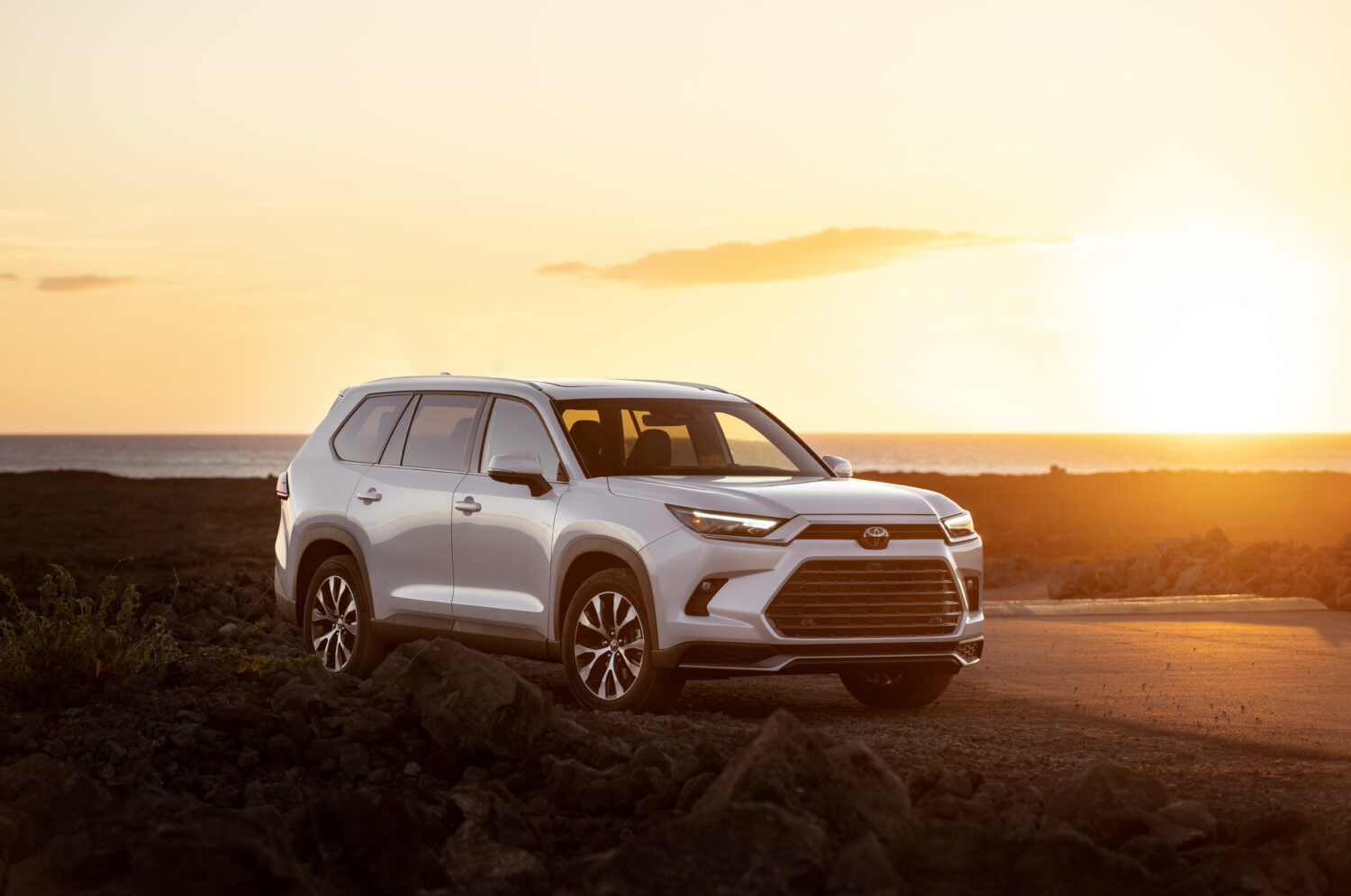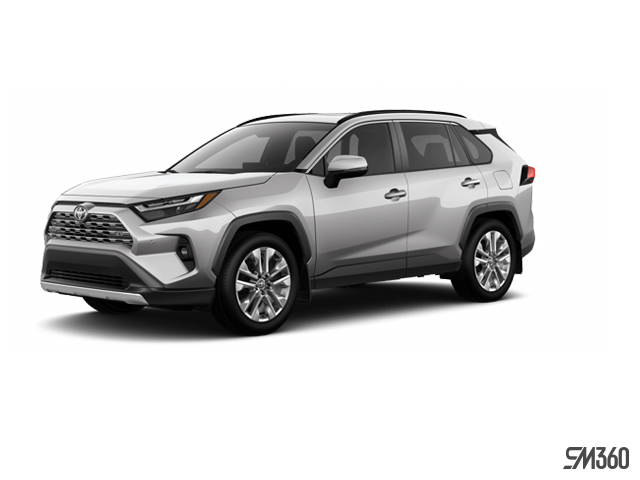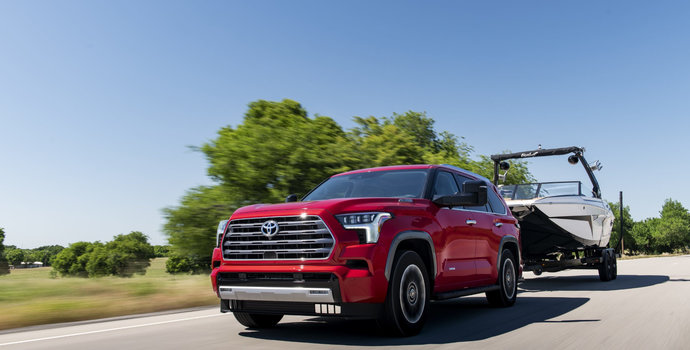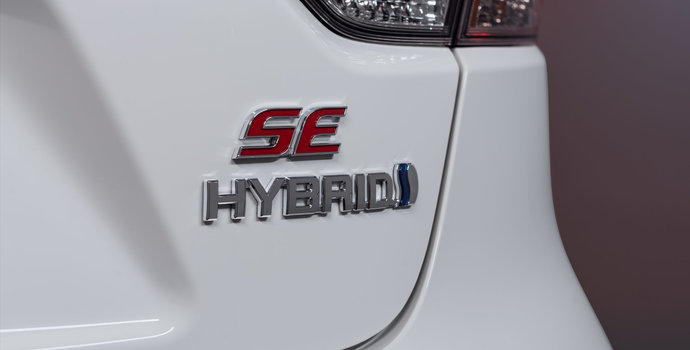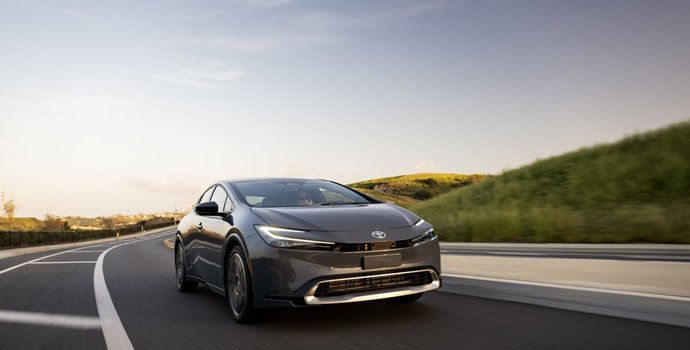Purchasing a new Toyota is an exciting milestone, but before you drive off the lot, securing the right insurance policy is essential. Insurance costs can vary significantly depending on the Toyota model you choose, your driving history, and other factors. Understanding these variables before your purchase can help you make an informed decision, ensuring you get the best coverage at the lowest possible cost.
This guide will walk you through everything you need to know about insuring your new Toyota, from selecting the right model to finding the best insurance rates and maximizing savings.
How Your Toyota Model Affects Insurance Costs
Not all Toyota vehicles have the same insurance rates. Several factors influence premiums, including the model, trim level, safety features, and repair costs.
SUVs vs. Sedans vs. Trucks
Toyota offers a diverse lineup, and the type of vehicle you choose can impact your insurance rates.
- Toyota SUVs (e.g., RAV4, Highlander, 4Runner) – SUVs often have higher insurance rates due to their larger size and potential for higher repair costs. However, their strong safety ratings and advanced driver-assistance features can help lower premiums.
- Toyota Cars (e.g., Corolla, Camry, Prius) – Smaller vehicles generally cost less to insure because of lower repair costs and improved fuel efficiency. Hybrid models like the Prius may qualify for additional insurance discounts due to their eco-friendly benefits.
- Toyota Trucks (e.g., Tacoma, Tundra) – Pickup trucks tend to have higher insurance costs due to their size and potential for damage in collisions. However, they also hold their value well and often come with advanced safety features that can help reduce premiums.
Safety Features and Insurance Discounts
Toyota vehicles are known for their reliability and advanced safety technology, which can positively affect insurance rates. Many Toyota models come equipped with Toyota Safety Sense, a suite of driver-assist technologies such as:
- Pre-collision warning with pedestrian detection
- Lane departure alert with steering assist
- Adaptive cruise control
- Automatic high beams
Insurers often provide discounts for vehicles with these safety features, as they reduce the likelihood of accidents. When shopping for a Toyota, inquire about which models have the most comprehensive safety packages to maximize potential savings.
Tips for Getting the Best Insurance Rate on Your New Toyota

1 - Shop Around and Compare Quotes
Insurance rates can vary widely between providers, so it’s crucial to obtain multiple quotes before making a decision. Many insurers offer online tools that allow you to compare rates for different Toyota models quickly. When requesting a quote, ensure that the coverage levels and deductibles are consistent across all options to make an accurate comparison.
2 - Consider Your Coverage Needs
While the minimum required insurance coverage is necessary, additional protection may be beneficial. The most common coverage types include:
- Liability Coverage – Covers damage to other vehicles and property in an accident where you’re at fault.
- Collision Coverage – Pays for damage to your Toyota if you’re involved in an accident, regardless of fault.
- Comprehensive Coverage – Protects against non-collision incidents such as theft, vandalism, or weather-related damage.
- Gap Insurance – If you’re financing or leasing your Toyota, this covers the difference between your vehicle’s actual cash value and the amount you owe in case of a total loss.
Choosing a higher deductible can lower your monthly premium, but be sure you can afford the out-of-pocket cost if you need to make a claim.
3 - Take Advantage of Discounts
Most insurance providers offer discounts that can significantly lower your premiums. Common discounts include:
- Multi-policy discount – Bundling auto and home insurance with the same provider.
- Safe driver discount – Maintaining a clean driving record over time.
- Low mileage discount – If you drive less than the average annual mileage.
- Loyalty discount – Staying with the same insurer for multiple years.
- Hybrid vehicle discount – Some insurers provide discounts for environmentally friendly vehicles like the Prius or RAV4 Hybrid.
When comparing insurance providers, ask about all available discounts to ensure you’re getting the lowest possible rate.

4 - Choose a Model with Lower Insurance Costs
If you’re still deciding which Toyota model to purchase, consider insurance costs as part of your budget. Vehicles with higher safety ratings and lower theft rates tend to have lower premiums. For example, the Toyota Corolla and Camry often have lower insurance rates due to their strong safety records and affordable repair costs.
View Our New Inventory
Conversely, high-performance models or those with expensive replacement parts, such as the Toyota GR Supra, may come with higher premiums.
5 - Maintain a Clean Driving Record
Your driving history is one of the biggest factors affecting your insurance premium. Avoiding speeding tickets, accidents, and other infractions can keep your rates low over time. Some insurers even offer usage-based insurance programs that reward safe driving habits with lower premiums.
6- Consider Usage-Based Insurance Programs
Some insurance providers offer telematics programs that track your driving habits through a mobile app or a device installed in your vehicle. Safe driving behaviours, such as smooth braking and lower speeds, can earn you discounts on your premium. If you’re a responsible driver, enrolling in one of these programs could lead to significant savings.
7 - Evaluate Your Location’s Impact on Insurance Costs
Where you live affects your insurance rates. Urban areas with higher traffic density and accident rates typically have higher premiums compared to rural areas. If you’re relocating or have the option to park your vehicle in a secure garage, this may help reduce your insurance costs.
8 - Reassess Your Insurance Needs Regularly
Once you’ve secured a policy, don’t assume it’s the best rate forever. Insurance rates fluctuate, and your circumstances may change. Reviewing your policy annually and comparing rates can help you ensure you’re still getting the best deal.
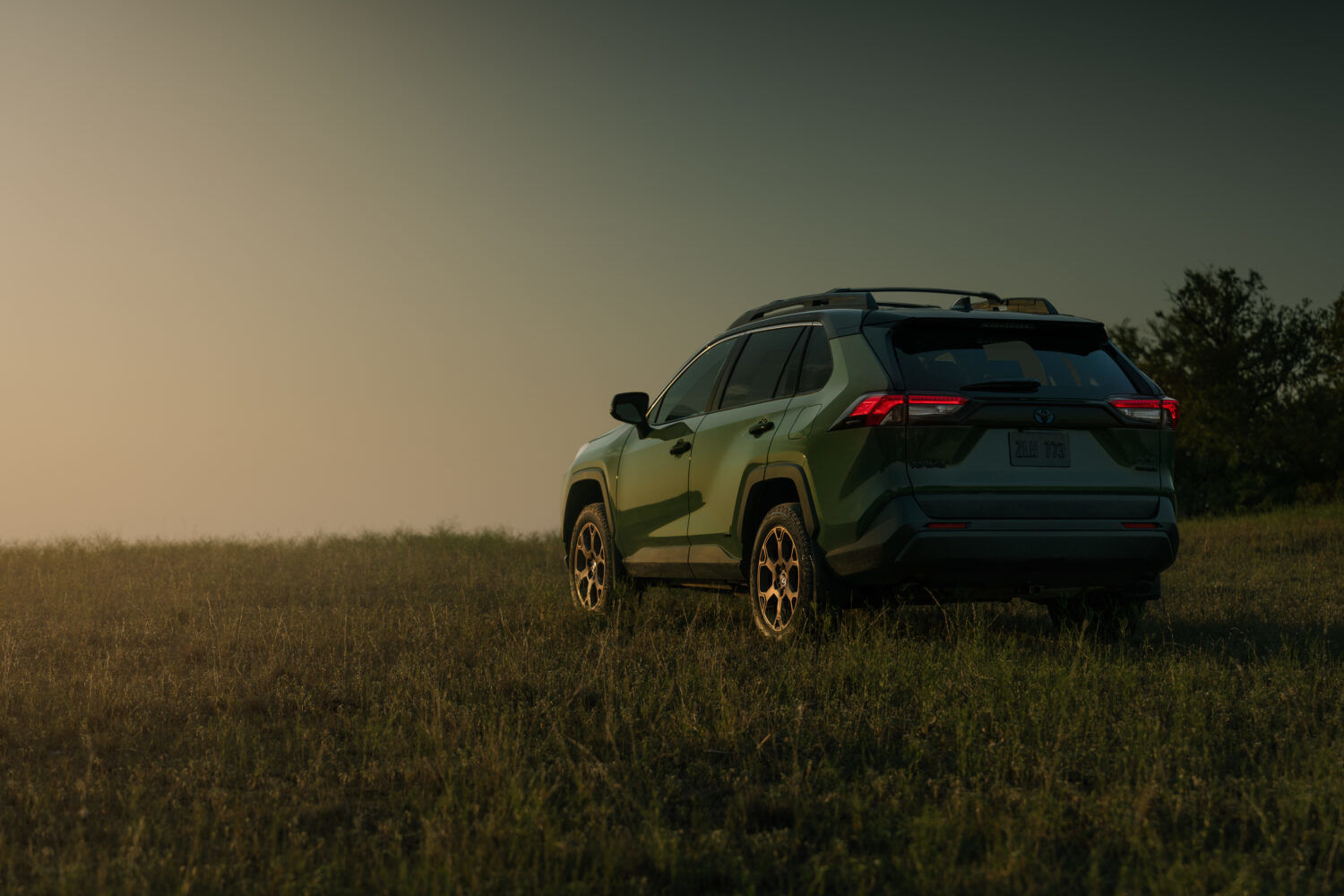
Final Thoughts: Securing the Best Insurance for Your New Toyota
Choosing the right insurance for your new Toyota involves more than just picking the cheapest option — it’s about finding the right balance between affordability and adequate coverage. By researching different Toyota models before purchasing, taking advantage of discounts, and comparing multiple quotes, you can ensure that you get the best protection at the lowest cost.
Whether you’re driving a dependable Corolla, a versatile RAV4, or a powerful Tacoma, understanding how different factors impact insurance rates will help you make an informed decision. With the right strategy, you can enjoy your new Toyota with peace of mind, knowing you have the best insurance coverage in place.


